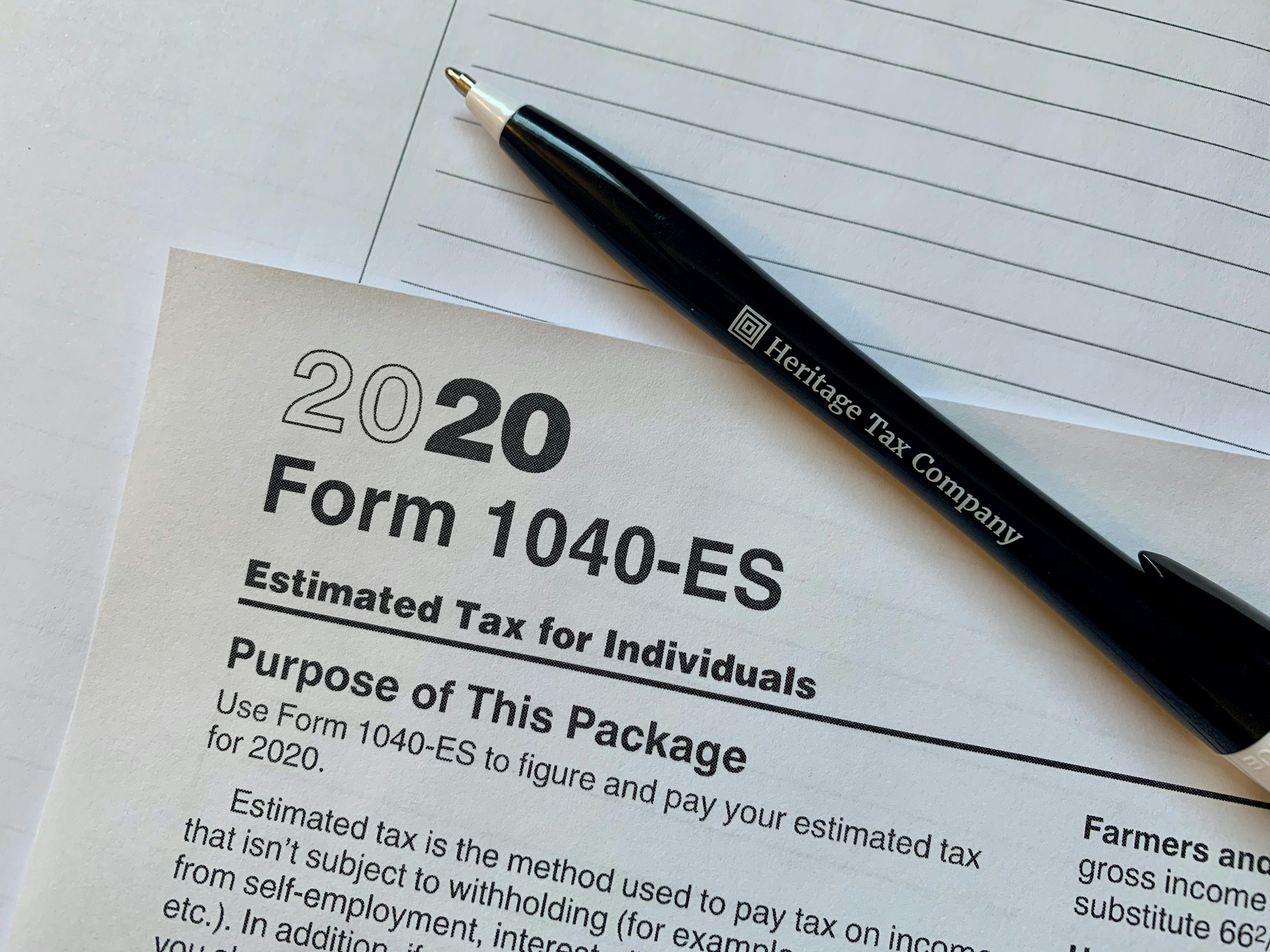Among the many topics of wealth management, the relationship between insurance and tax is always concerned. It is widely said that buying insurance can avoid tax, but what is the truth? Let's take a deep analysis today.
From the perspective of taxation, insurance is indeed inextricably linked with taxation under certain circumstances. Some insurance products may involve preferential tax policies when paying premiums. For example, for some compliant endowment insurance products, the insured can take the premium expenditure as a pre-tax deduction within a certain amount when paying the premium, thus reducing the taxable income and reducing the tax burden when calculating the personal income tax. This is a reasonable and legal means of tax planning, which aims to encourage people to reserve funds in advance for long-term living needs such as old-age care.

Furthermore, the income from insurance claims is exempt from personal income tax in most cases. When the insured encounters an accident agreed in the insurance contract or meets the conditions of claim settlement, the compensation or insurance money obtained from the insurance company usually does not need to be included in the taxation scope of personal income tax. This shows that insurance, as a risk protection tool, is exempted from the tax law when giving economic compensation to the insured, so that it can play its protection function more purely and will not weaken the actual benefit of the insured due to tax factors.
However, this does not mean that buying insurance can be used for tax avoidance at will. The tax authorities have strict supervision and clear regulations on insurance-related tax treatment. Any attempt to evade tax liability through improper insurance operations is illegal. Once it is verified, it will face corresponding legal responsibilities and economic penalties.

The essence of insurance is risk transfer and economic security. It is one-sided and dangerous thinking to simply equate insurance with tax avoidance. For consumers, purchasing insurance should be based on their own risk status, financial planning and security needs, and rationally choose the appropriate insurance products. Preferential tax policy is only one aspect of many characteristics of insurance products, and should not be the only or main motivation to buy insurance.
In the vast field of wealth management, insurance can indeed play a certain auxiliary role. It can be used as a risk cushion to provide financial support for the insured and his family when accidents, diseases, deaths and other risks occur, so as to avoid the sharp deterioration of financial situation caused by risk events. At the same time, under the premise of legal compliance, the tax burden of individuals or families can be optimized to a certain extent by using the tax preferential policies of insurance products.
However, it must be emphasized that any decision on insurance and taxation should be based on a full understanding of relevant laws and regulations, and it is best to make it under the guidance of professional tax consultants or insurance planners. These professionals can provide tailor-made suggestions according to the individual's specific situation to ensure that tax planning is carried out legally and reasonably while enjoying insurance protection.

In short, buying insurance does have the possibility of being related to tax in a specific range, but it is by no means a so-called "tax avoidance artifact". Only by correctly understanding the functions and tax policies of insurance and using insurance tools legally and compliantly can insurance truly become an effective assistant in life and wealth management, provide solid protection when risks come, and help individuals and families to be financially stable.





